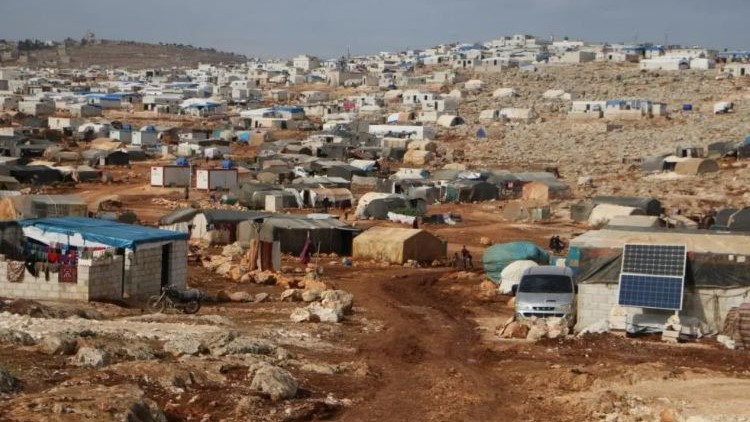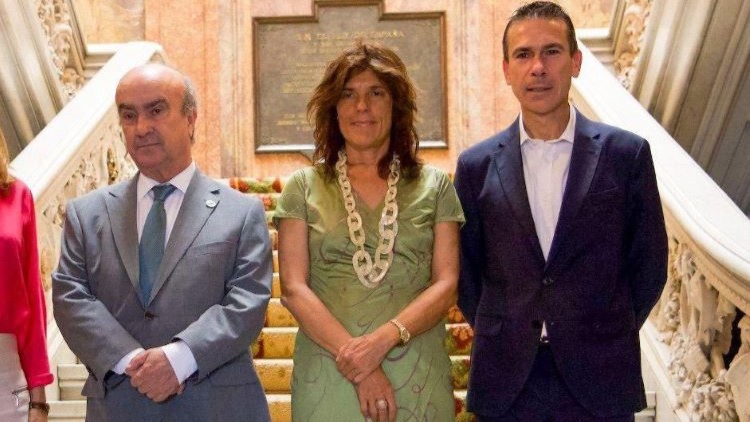The Diplomat
The Coordinating Committee of Organizations for Development (CONGD) has called for the government that emerges from the general elections of July 23 to exercise the Presidency of the Council of the EU “as a country project above partisan interests” and to put “people and the planet at the center of all policies”.
According to CONGD, the Spanish Presidency, which began on July 1, is “the last full European legislative cycle” and, therefore, “Spain has a special responsibility when it comes to promoting decisions and closing legislative projects that, or are advanced now, or could fall into oblivion”.
In this sense, the platform, which represents more than 600 NGOs, recalled that during the six months of the Spanish Presidency there are “several milestones of crucial importance”, such as the relaunching of bilateral relations between the EU and Latin America and the Caribbean during the EU-CELAC Summit, the adoption of the Due Diligence Directive (which makes trade agreements conditional on respect for human rights and the environment by all companies), the directives against gender violence and domestic violence, and the adoption of the Pact on Migration and Asylum.
“Spain assumes the Presidency of the Council of the EU at a key moment in which it is more important – and urgent – than ever to adopt political decisions that respond to the multiple overlapping global crises (democratic, social, environmental, humanitarian, food, energy, etc.) inside and outside Europe, and that put people and the planet at the center,” it warned.
For this reason, CONGD has presented a series of proposals for the upcoming Spanish Presidency based on three main principles: to contribute to social justice and the reduction of inequalities, to protect the respect and exercise of human rights by guaranteeing the necessary spaces and mechanisms for citizen participation, and to promote a feminist, decolonial and intersectional approach.
“Spain must seize this unique opportunity to claim the importance of the founding values of the EU and to champion the reconversion of our societies through a triple just transition -ecological, socioeconomic and digital- from a feminist approach and policy coherence for sustainable development, inside and outside the EU,” said Irene Bello, president of the platform.
“This July we are not only playing the political course of the country, but of Europe,” she warned. “The Government that assumes the Spanish Presidency and that picks up the baton after the July 23rd elections should exercise the Presidency of the Council of the EU as a country project above partisan interests. A project that should lead us towards a profound change of outlook: we want people and the planet to be at the center of all policies,” she added.
“In the European Union, the rise of political and social movements contrary to the values of freedom, equality and democracy is a cause for concern,” continued Bello. “Furthermore, we are experiencing an alarming reduction in the spaces for civil society participation in all corners of the world, and Spain is no exception” and, therefore, “the government that assumes the Presidency of the Council has the responsibility to ensure the participation of citizens to redefine a new social model, because it is clear that this one is no longer useful,” she said.
MSF
For its part, the NGO Médecins Sans Frontières (MSF) has warned that the Spanish Presidency “represents an opportunity for the EU and Spain to prioritize humanitarian response based on needs, placing people at the center, and to promote measures to avoid the reduction of humanitarian space and the capacity to respond to emergencies in chronic and forgotten crises”.
“Moreover, among the many consequences of the COVID-19 pandemic, the most foreseeable have to do with the importance acquired by global health on the international agenda and the need to strengthen the global health system,” he continues. MSF therefore supports “a principled, people-centered approach, in which medicines, vaccines and treatments are accessible, affordable and appropriate for all people and adapted to the places where they live, especially for the most vulnerable groups”.
“Also, because of our extensive experience attending to the humanitarian needs of people on the move, the negotiations of the European Pact on Migration and Asylum (2020) are of particular concern,” warns MSF. “We hope that the Government of Spain can lead an agreement in the framework of the Presidency of the Council of the EU to ensure protection for people who arrive at the borders of Europe fleeing violence,” adds the organization, which calls on the Government of Spain, during its Presidency, “to lead an agreement to end violence and arbitrary detentions at the borders of the EU and protect migrants, refugees and asylum seekers”.







